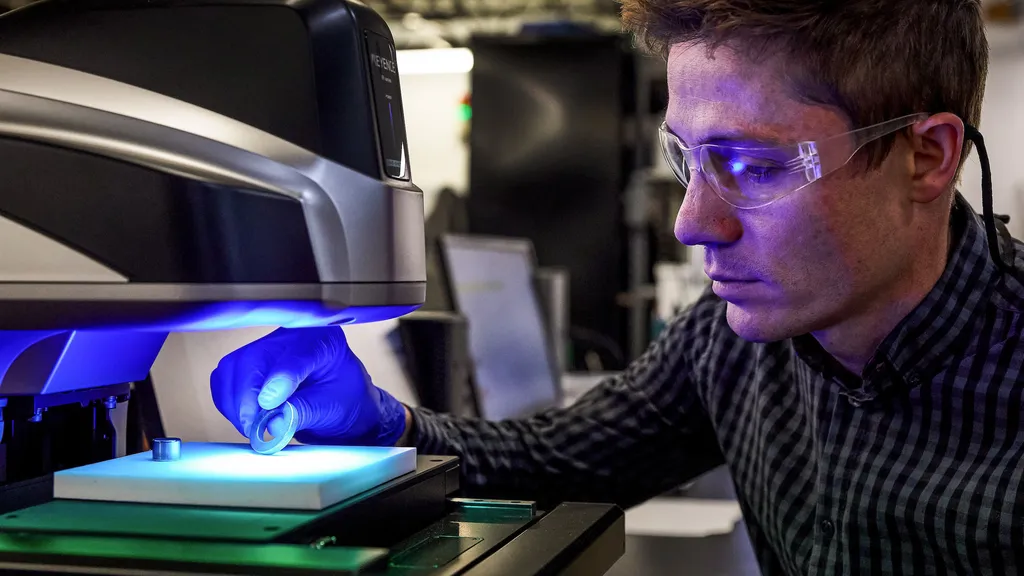In the quest for more efficient and reliable distributed energy resource systems, researchers have turned their attention to an often-overlooked culprit of power quality issues: single-phase induction motors. These motors, commonly found in residential and commercial applications, are notorious for their low efficiency and poor power factor, which can degrade the overall performance of decentralized energy systems. A recent study published in the journal *Energies* offers a promising solution to this longstanding problem.
Huan Wang, a researcher at the School of Electrical Engineering, Shenyang Institute of Engineering in China, led a team that developed a novel method for retrofitting single-phase induction motors with permanent magnets. The approach involves replacing the traditional squirrel-cage rotor with a permanent magnet rotor, while keeping the original stator and winding structure intact. This modification aims to boost motor performance without requiring significant structural changes.
“The idea was to enhance the efficiency and power factor of these motors without completely redesigning them,” Wang explained. “By introducing permanent magnets, we can achieve better performance while maintaining the simplicity and cost-effectiveness of the original design.”
The team tested the retrofitted motor using finite element simulations to evaluate its performance. The results were promising, demonstrating improved efficiency and power quality. The study also explored the factors influencing the motor’s starting performance after the introduction of permanent magnets, providing valuable insights for future applications.
The implications of this research are significant for the energy sector. Distributed energy resource systems are becoming increasingly important as the world shifts towards decentralized power generation and load management. Improving the efficiency of customer-side equipment, such as single-phase induction motors, can lead to substantial energy savings and reduced transmission losses.
“This research offers a practical and effective method for enhancing the performance of single-phase induction motors,” Wang noted. “It contributes to improving motor efficiency and power quality in distributed energy resource systems, which is crucial for the future of energy management.”
As the energy sector continues to evolve, innovations like this one will play a vital role in shaping the future of power generation and distribution. By addressing the inefficiencies of commonly used equipment, researchers are paving the way for more sustainable and reliable energy systems. The study, published in *Energies*, highlights the potential of permanent magnet retrofitting as a viable solution for enhancing power quality in distributed energy resource systems.

